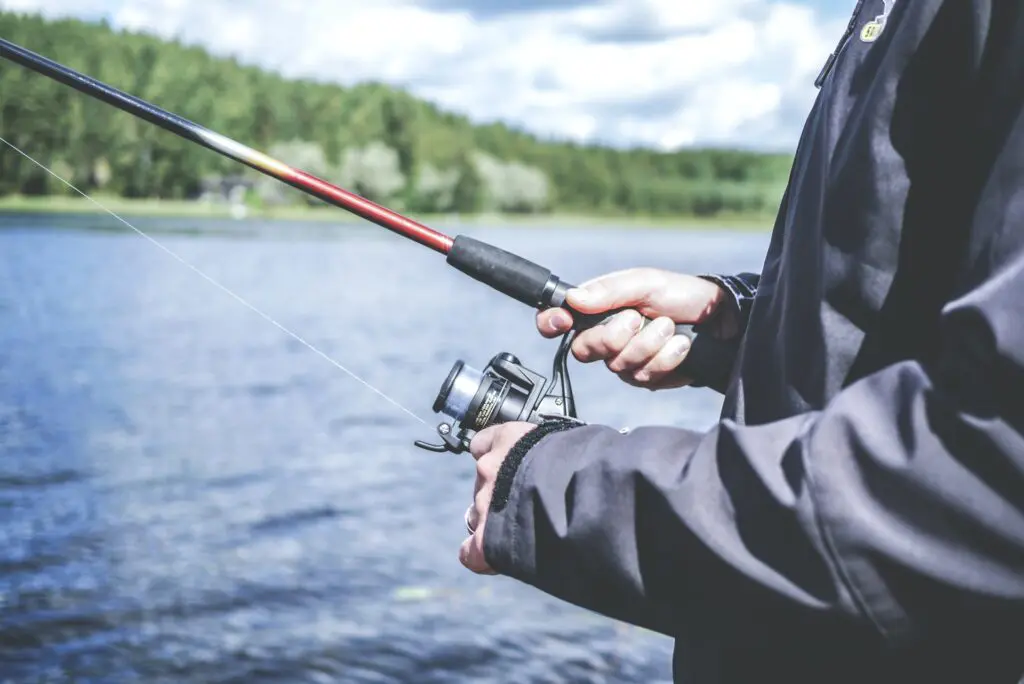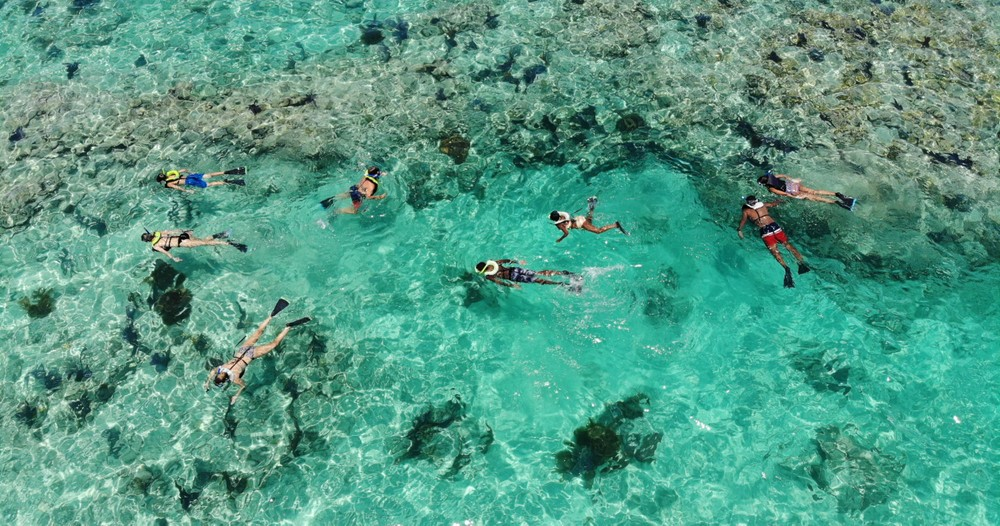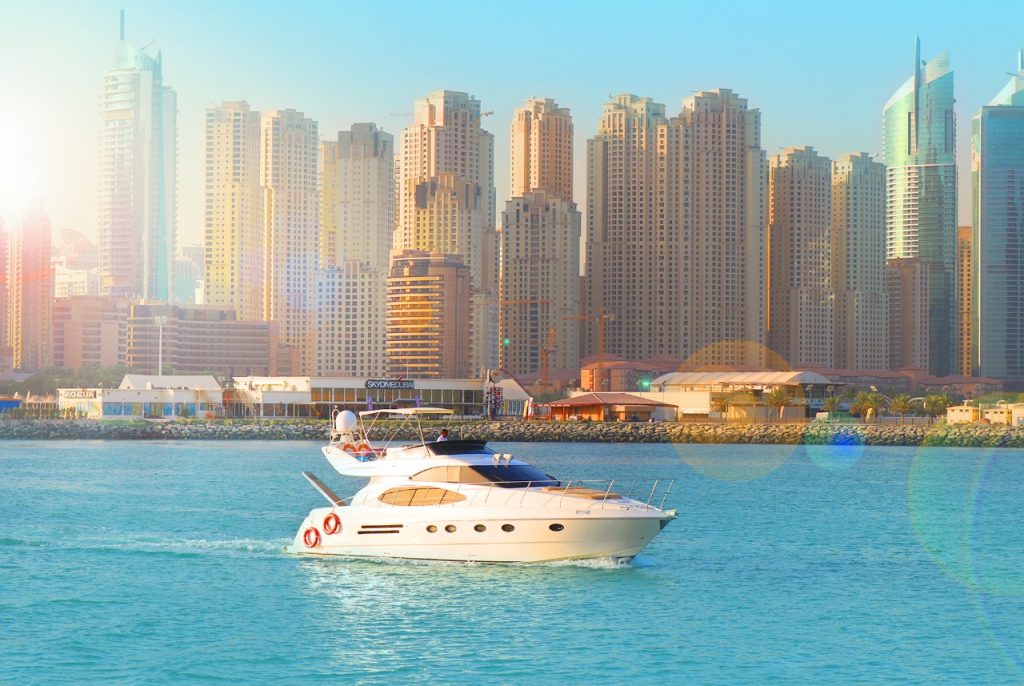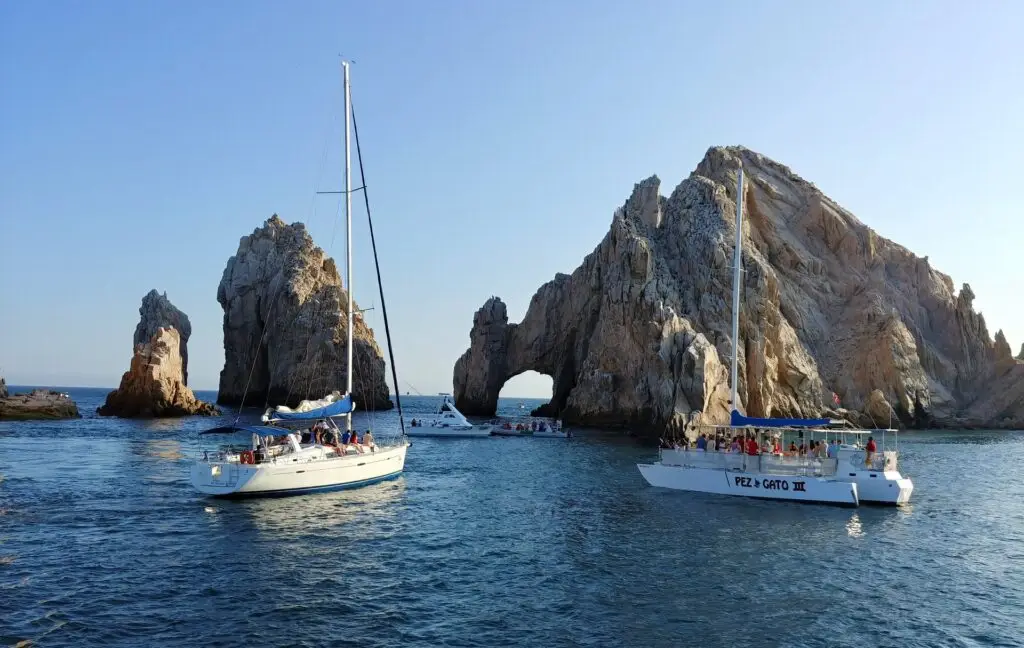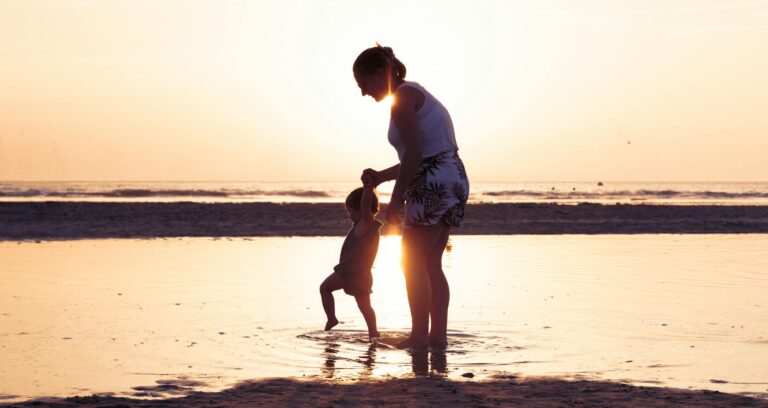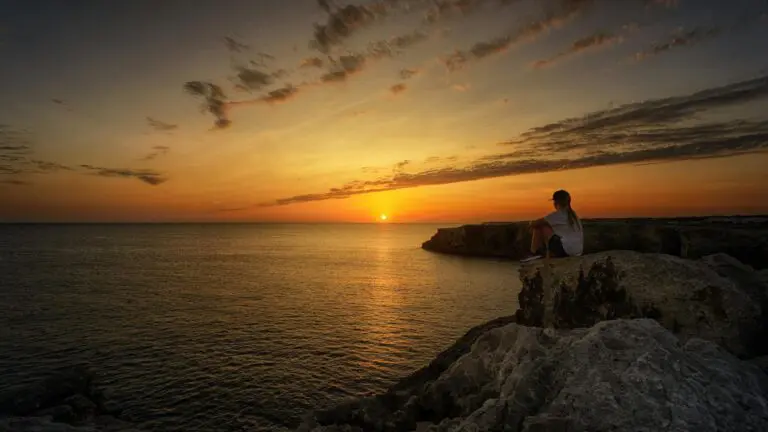A successful day fishing trip is not just about the location you choose. A good fishing trip depends so much on how prepared you are before getting to the spot.
There are several elements to consider while you are packing for the excursion along with the location. For instance, the weather and the type of fish you would like to catch might make a huge difference in determining how you need to prepare.
There are a few basics you need to take into consideration to make your fishing trip a successful one. Follow these tips on your fishing trip checklist and enjoy your time in the outdoor
1 Getting Enough Sleep
You need to get proper sleep before you go on the much-awaited fishing trip. That is especially true when you are attempting to go out in the open seas to bait aggressive species like goliath tigerfish or barracuda. It makes it necessary to treat yourself with energy-giving food along with a good rest before you head out.
It will also help you beat seasickness while making you more alert when fishing. Go light on the alcohol and caffeine the night before fishing
2 Packing the Right Gear
The first step to getting prepared for fishing is assembling and packing all the gear you might need for the whole trip. You will need to carry normal belongings like sunscreen to effective baits like mealworms to make your preparation complete.
Make sure to begin gathering everything as early as possible so that your fishing trip does not get ruined at the last minute. For a successful expedition, remember to pack the following things:
- Sonnenschutzmittel
For fishing, you will need to be out in the sun for hours, perhaps the whole day. To make sure your skin does not get damaged by the harsh UV rays from the sun, packing sunscreen is necessary. It will protect you from the risk of sunburns, redness, itching, and skin cancer.
Purchase a high-quality sunscreen that is rated at least SPF 50 and preferably has something like zinc oxide or titanium dioxide as active ingredients for optimal protection.
- Solar Generator
To make your fishing trip a fruitful one, you might need a reliable energy source that will power your cooler, mini-fridge, depth finder, smartphones, and other essentials.
A top-notch solar generator will do the trick. Pick the right one after thinking about your power requirements, size or weight, capacity, and budget.
- Basic Survival Kit
When you are out in the middle of the lake or the open sea, the nearest supply store can be miles away. You will not be able to stock up on necessities easily, so make sure you are bringing plenty of water, drinks, snacks, and food, as well as a first aid kit. These things are absolutely necessary when you are venturing out for a long time.
- Fishing Gear
If fishing is your all-time hobby, you probably already own several fishing rods. If you are a beginner and do not have enough rods, ensure you invest in fishing gear and tools before you go on the trip.
You can borrow or rent some of them from family or friends as well. You will need fishing rods and rod holders, reels, fishing line, cutters or pliers, baits and lures, and at least two coolers.
You will need to wear proper fishing gear if you are planning to stay in a cottage or lodge. Enquire if they rent fishing equipment. If your trip is across the border, make sure you are not forgetting your visa and passport.
A fishing license might also be necessary depending on the location. To have a perfect fishing trip, keep these things in mind when you are getting prepared.
3 Learning the Essential Fishing Skills
There are some crucial skills you need to master while preparing for fishing. For instance, knot-tying, water reading, casting, and hooking. These skills are necessary to fish like a pro.
- Knot-Tying: It helps you set up your reels and line and ensure that the rod is getting the job done properly. You might have to listen to a podcast, read a book, or watch an instructional video on this subject. The double surgeon’s knot, the Palomar knot, and the clinch knot are mostly used in fishing.
- Water Reading: Reading water is a popular fishing term to describe the act of detecting where the fish are hiding. It helps you direct the line to that area.
Freshwater lake fish often like to cluster around or in logs, weeds, or downed trees. In lakes, fish mostly like to hang out near drop-offs. You might need a canoe or kayak to better fish. Same tricks you may also apply when you are fishing in the river.
- Casting: Casting the line is a straightforward skill. Try starting by throwing around 6 feet of your line and making sure your reel is strongly held right under your dominant hand.
Release the line when the rod is straight vertical or slightly leaning forward. After flipping over the back of your bail, you may start reeling.
- Hooking: For proper hooking, you will have to prevent the line from breaking under the weight or power of the catch. Also, make sure you do not allow the fish to spit out your bait. You can do it by setting the hook at the perfect time, applying moderate pressure to pull up and back the rod, and ensuring your line is taut.
Letzte Worte
Fishing is a rewarding and enjoyable hobby if you are prepared thoroughly. It is good for your mental health as well. It can help reduce depression, anxiety, and PTSD.
But you need to be fully prepared beforehand to have a worry-free time. Make sure you have gone through the checklist above and learned the essential Angeltipps before starting your preparation to have a fruitful and fun time.
Happy casting!
